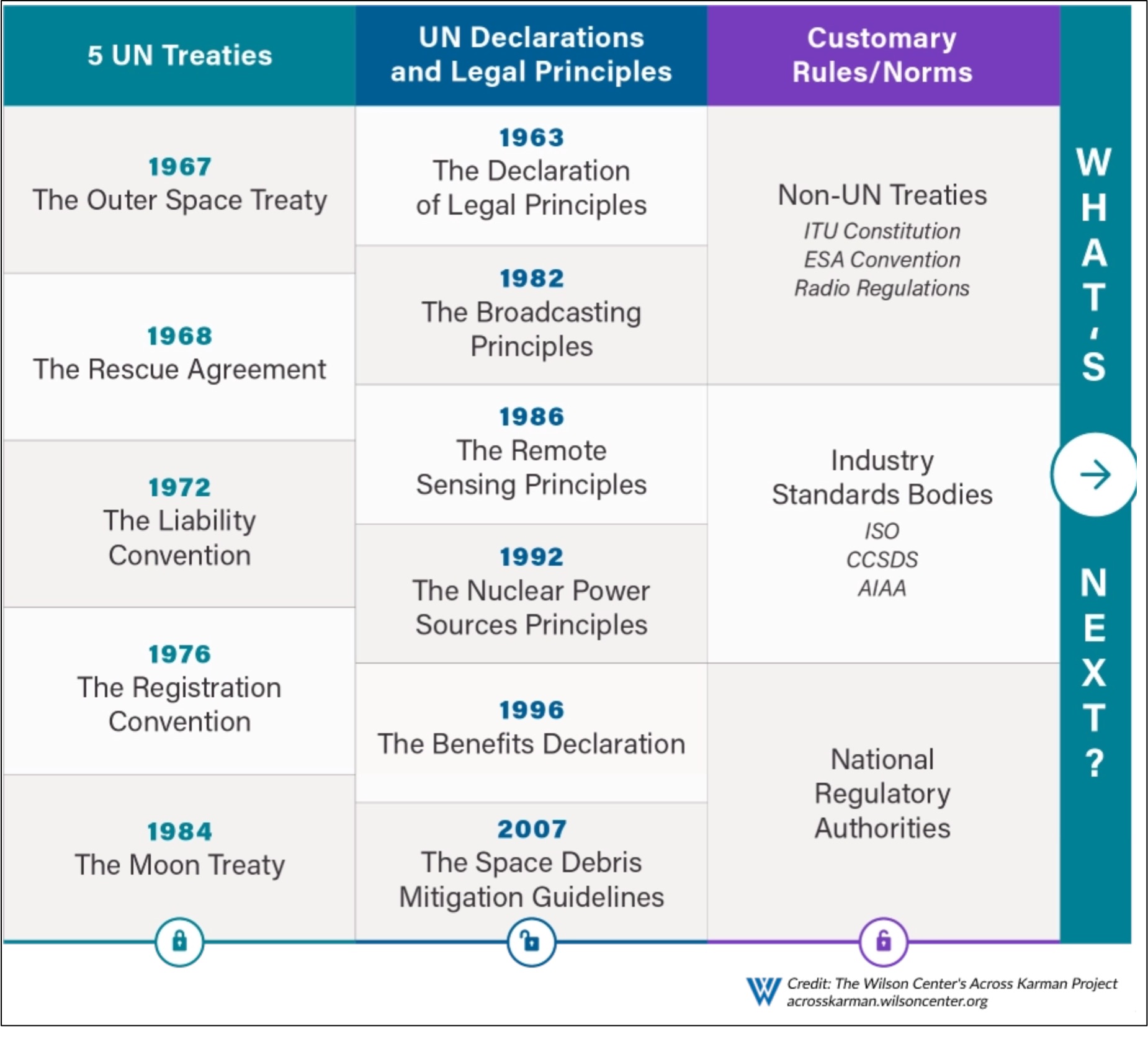On Wednesday (8/23/2023), Chandrayaan-3 became the first spacecraft to land successfully on the moon’s south pole. As the fourth country with a moon landing, India joined the United States, China, and Russia:

With access to the lunar surface, four countries can claim ownership of any resources they find.
Yes?
Moon Water
This is where moon water enters the picture. Longterm moon plans mean we will need lots of water for drinking, oxygen, and rocket fuel. But, because a cubic meter weighs more than a ton, we cannot take it with us. The alternative is harvesting moon ice.
However, is the ice our property?
Rules of Ownership
According to two Columbia law professors, several ownership rules explain why we can say the moon water belongs to us. In MINE! How the Hidden Rules of Ownership Control Our Lives, they tell us that being first to claim something has traditionally designated ownership. Also, inputting your labor, attachment, and physical possession solidify your ownership rights.
In addition, further clarifying moon rights, the Space Resources section of the Artemis Accords says, “…the utilization of space resources can benefit humankind by providing critical support for safe and sustainable operations,” And, further sidestepping anything definitive, a 1960s space agreement said that outer space is the “common heritage of humankind.”
This Wilson Center graphic gives us a summary of space regulation, With relatively few signatories for most of the agreements, it also demonstrates the vague territory in which the rules about space remain:
 Our Bottom Line: Property Rights
Our Bottom Line: Property Rights
In a market economy, supply and demand depend on ownership incentives. On the supply side, to optimize profits, producers need to own their land, labor, and capital. Correspondingly, on the demand side, we buy goods and services because we believe that the purchase transfers ownership.
Secretary of the Treasury Alexander Hamilton (1789-1795) realized that the sanctity of contracts was essential for U.S. economic development. As a result, when he had to decide who owned Revolutionary War bonds, the benevolent patriots who had sold the bonds at a discount or the ruthless speculators who bought them, he chose the speculators. Why? Government has to enforce a legal contract.
So, whether on earth or in outer space, market activity requires secure property rights. After all, if we invest the time and money to secure water from the moon, we need to know that contract law guarantees our ownership rights.
My sources and more: For facts about owning the moon, I recommend the Statista newsletter for its moon graphic and then Mashable and Smithsonian for a slew of moon water facts. Next, Mine, a good read, is the perfect complement. And finally, for more history and international law, this article focused on international agreements. (Please note that several of todays sentences were in a past econlife post.)


 Our Bottom Line: Property Rights
Our Bottom Line: Property Rights




Very interesting!!!